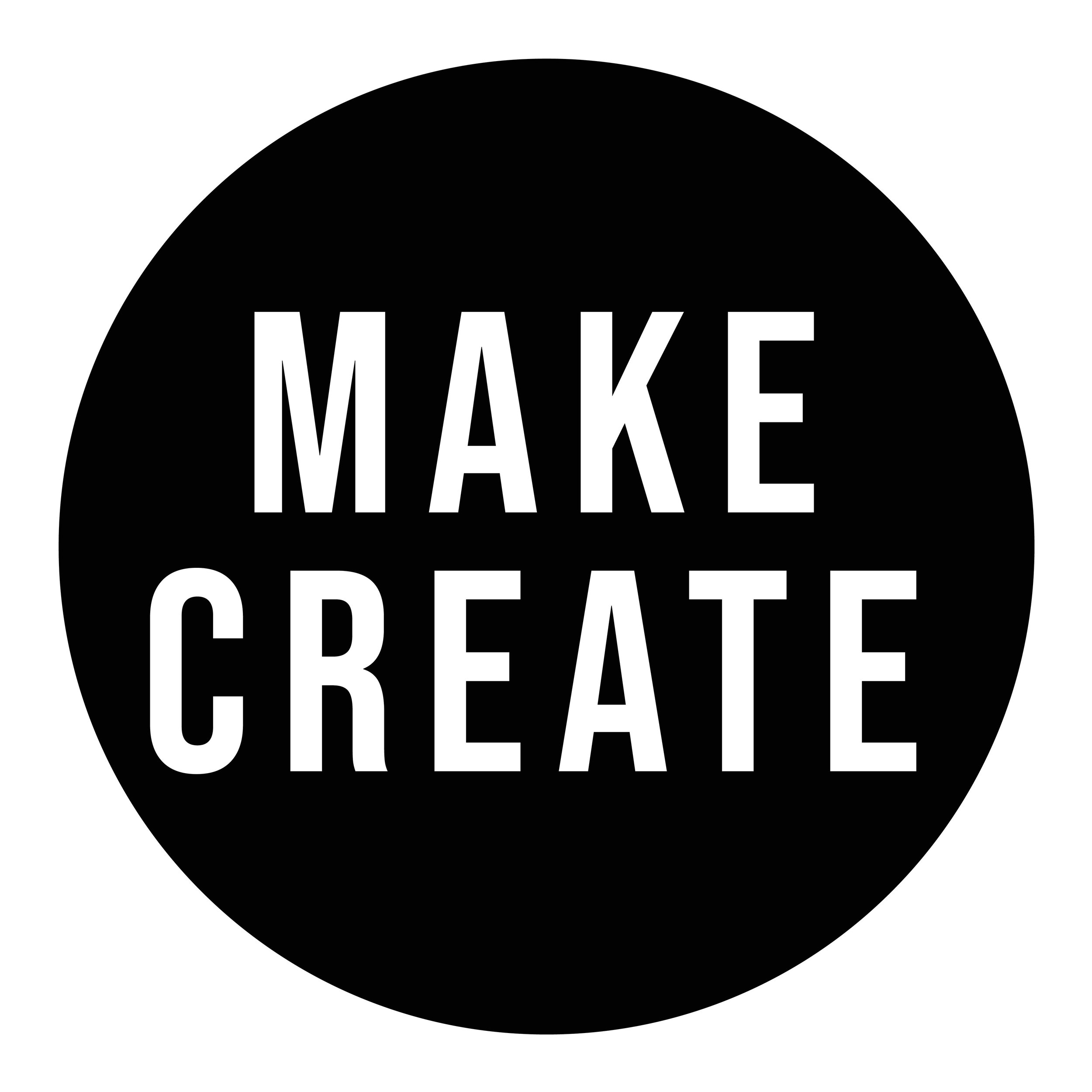Therapy and its thorns - How to avoid therapists that claim to help, yet hinder and more worryingly; cause harm
I wanted to write about some of my key learnings as a trainee counsellor. When I was completing my level 3 training we did a research project on organisations that claim to help individuals when in fact the harsh reality is a lot hinder and not only hinder but harm. This happens because (and this may shock you) ‘therapist’ and ‘counsellor’ are not legally protected titles in the UK - meaning anyone can claim them, with or without qualifications. In contrast ‘clinical psychologist’ and ‘psychiatrist’ require formal credentials.
Biggest first red flag - Lack of regulation can lead to unqualified individuals providing mental health services, which causes significant harm.
People in vulnerable states may trust someone who has no accountability or ethical oversight.
Without the right training, an unqualified "therapist" may misdiagnose, give harmful advice, or exploit clients.
Through my training I have to commit and abide to the ethical framework of The BACP (British Association for Counselling and Psychotherapy) this is a professional body that regulates and accredits counsellors and psychotherapists in the UK. However, it has it’s flaws; The BACP is a voluntary membership body, not a legal regulator and Therapists do not have to be BACP-registered to practice, meaning unqualified individuals can still operate as "therapists." An example, If a therapist violates ethical guidelines, the BACP can remove their membership but cannot stop them from practicing elsewhere. Which goes back to the unregulated, unprotected title.
So in summary, while BACP membership adds credibility, it does not guarantee safety or accountability.
So what can you do to protect yourself when faced with needing therapy, being in a vulnerable state to source therapy and not knowing where to start.
Find a therapist or counsellor that comes with a trusted recommendation.
Look up what modality they have trained in and research the modality (e.g CBT, psychodynamic, person centred, there are many more but these are the three most common; all offering different models of working). This is key; depending on the approach will support how you determine your desired outcomes.
What is the difference between therapy and counselling? If you need short-term guidance, a counsellor may be enough. If you need deeper psychological work, a therapist (or psychologist) might be better.
Do your background check on the practitioner, look it up and see if it’s genuine. Ask daft questions because there is no such thing as a daft question. If a practitioner states that they have been supporting individuals for 10 years ask how/where.
Biggest second red flag - if they over promise with statements like ‘I can fix you’ run a mile. No one can fix anyone, a therapist or counsellor is a human, which means we are all flawed and are constantly learning, that learning never stops. The difference is a practitioner is doing it consciously with a deeper level of insights and meanings… and most of all appropriate training!
The most fundamental thing I have learnt is therapeutic methods can only work from connection. The relationship between client and the therapeutic practitioner has to feel right from word go. If it doesn’t feel right, it isn’t. Contractually you are under no obligation to remain with a practitioner. You simply terminate, pay what you owe and move on. Never feel obliged or constricted.
The Channel 4 documentary "I Don't Trust My Therapist: UNTOLD," presented by Jackie Adedeji, delves into the potential dangers associated with certain online therapy platforms, specifically focusing on BetterHelp. www.channel4.com/programmes/i-dont-trust-my-therapist-untold it’s definitely one to watch and gain insights from.
